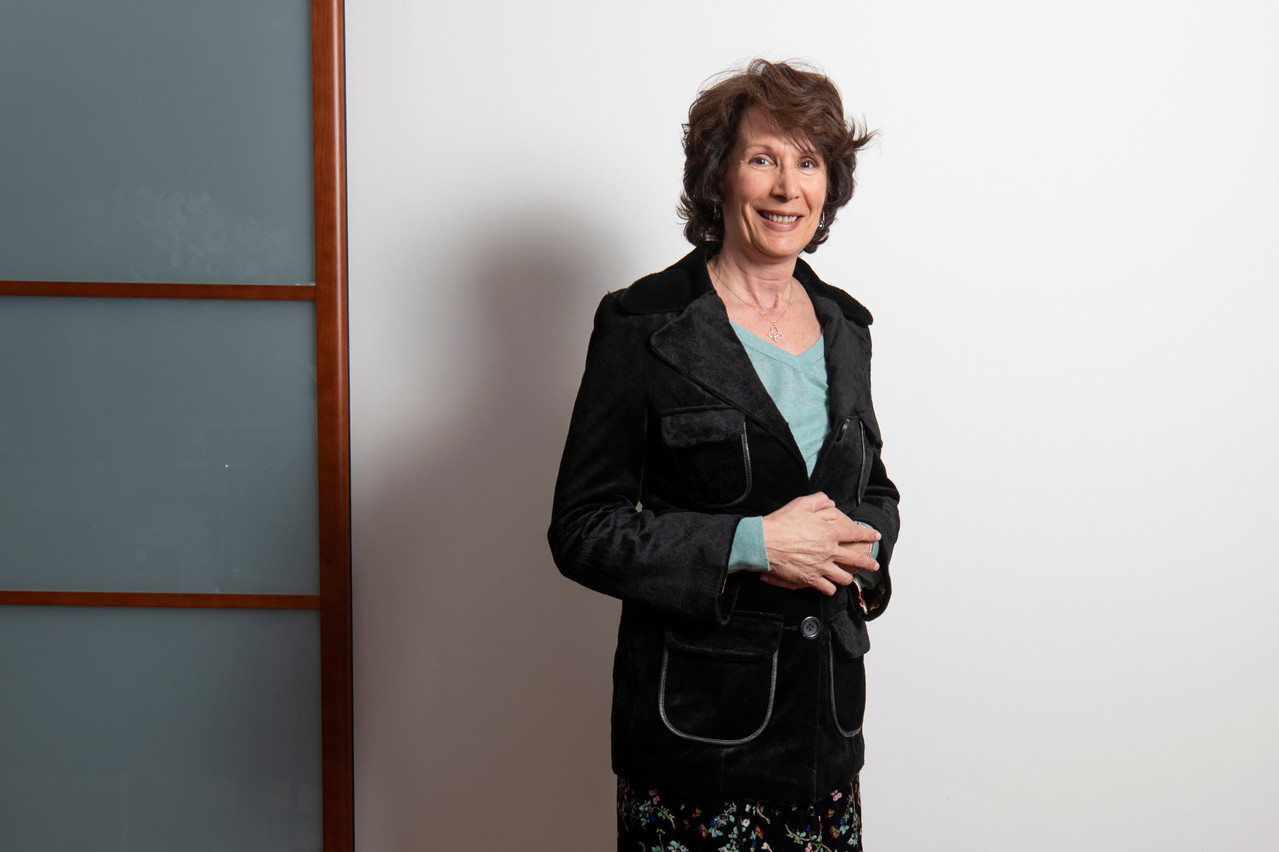The CNE was created to represent the international community in Luxembourg. How does it work?
There are 22 positions for the international community, divided into intra- and extra-European, a member and a substitute. The 60 biggest foreigners’ organisations in Luxembourg vote the council. There are 12 representatives of the Luxembourg community. That’s a total of 68 members. When I first arrived, we needed a strategy. We didn’t know what was expected of us. We’re not here to write laws. We’re here to point the finger at problems, give ideas. We’ve published several opinions on draft laws. I think we’re on the right track.
There has been criticism that the CNE is too isolated. How do you engage with the people you’re supposed to represent?
It was difficult. We had a foreigners’ council but no visibility. We couldn’t push for more visibility if we had nothing to show for. We didn’t have an identity, no website, no logo. All that had to be created. In November 2019, we met with associations to talk to them, find out what the real needs are. We launched several surveys. It’s easy to criticise but more difficult to propose solutions. But I think we’ve reached the final lift-off phase now. Whom do we represent if people don’t know about us? Foreigners need to know about the CNE.
Does the CNE have the means necessary to fulfil its mission?
The council is completely volunteer-based, but if you don’t reward the work of the people, it doesn’t have any value. There is a high turnover. If we finish the mandate with half the people we began with, we’re lucky. But it’s not so much about financial means. It’s more about logistical support, exchange with people in ministries who can help us with their expertise. Writing a legal opinion is very complex. It’s not a given, especially when it’s not in your language. We’re not asking for money. We’re asking for expertise, logistical and moral support.
Do you think the government is open to helping deliver this support?
I think so. At the Festival des migrations in 2019 we met different officials from political parties. Everyone said we need a council like the CNE. Nearly half of the population doesn’t always have a voice. We should be their spokesperson. People shouldn’t feel alone, like they’re not being listened to. There is a willingness within the integration ministry to work together with foreigners and an understanding that we’re all working in the same direction.
How is the council following the ongoing reform of Luxembourg’s integration laws?
We were asked in 2020 to put forward opinions and we published 14 individual contributions. There were different focus groups in which we took part. And we were asked to put forward one assessment consolidating the work of the council, and we delivered this in the autumn. We’re following this very closely.
When are the next council elections, and how do you become a member?
The mandates are for five years. The current council was constituted in 2018. In 2023, we should have the next elections. For the time being, what I can recommend to people who want to become members before then is to approach the major foreigners’ associations--or even the integration ministry--for a list of vacanciesto become nominated. We need members. You can also join us as an independent expert.We welcome everyone.
This article first appeared in the March 2022 edition of .
